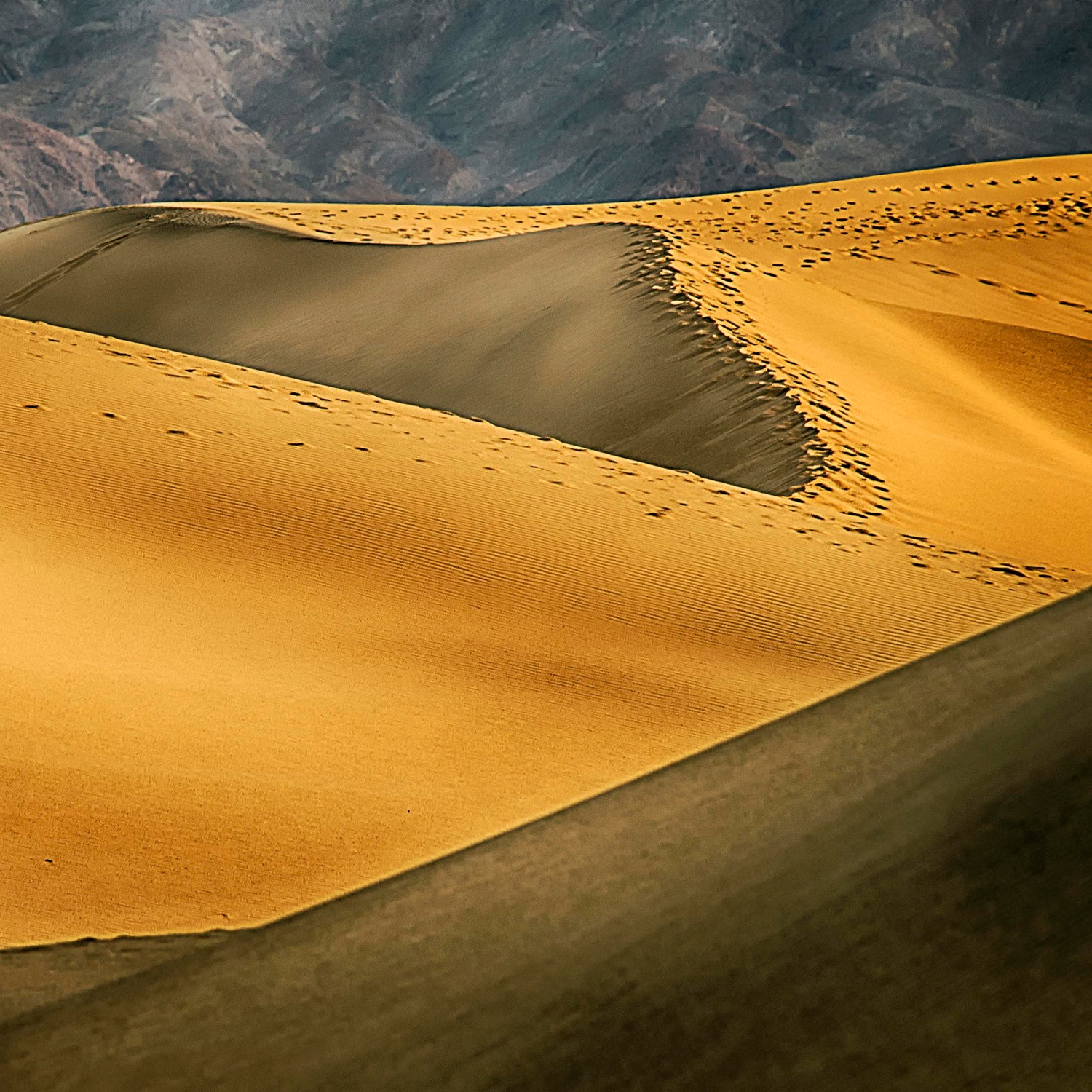Welcome to Ask an Outdoorsman. Every week, Wes will answer your questions about survival, outdoor skills, and life in the woods. Have a question? Ask it on Twitter, Instagram, or Facebook.
Q: If you have no water, but have some other fluid, like coffee or beer, is it better to drink those or nothing?
I once helped rescue a couple in Death Valley whose car broke down several days’ walk from pavement. Their only source of hydration? Half a case of warm PBR.
Conventional wisdom has it that drinks containing alcohol and caffeine are diuretics: by making you have to pee, you lose more water than you’re consuming. If that’s true, then drinking beer or coffee in a survival scenario would be a bad idea, as it would only lead to worse dehydration.
A 2013 study in the United Kingdom set out to discover if this was true. 72 test subjects in a state of normal hydration were asked to consume one liter of either water, milk, coffee, 4-percent beer, tea, orange juice, Coca-Cola, Powerade, or an oral hydration solution over the span of 30 minutes. The researches then measured their pee volume over the next four hours. The results: milk and the salt-tablet solution marginally improved hydration, while everything else resulted in the exact same water retention as plain old water.
Of course, this was only a liter of relatively weak beer and a normal cup of coffee, not a shot of tequila or espresso. The ratio of water to alcohol and caffeine was high. Excess alcohol consumption comes with a long list of obvious and negative effects, including a rapid build up of toxins, inflammation, a reduction in your body’s ability to perform its metabolic functions, and even in short term, could lead to health problems that may otherwise impact your ability to survive. Good luck getting away from the grizzly bear if you’re nauseous or have a terrible headache.
So should you drink beer or coffee if you don’t have any water? The best answer is yes, if you do so in moderation, and try to determine if the beverage in question has more water in it than other substances.
As with any survival scenario, there are a couple of important additional points to make:
- This isn’t good general health advice. You shouldn’t rely on coffee or beer for daily hydration, just like you probably shouldn’t eat grubs you found in a dead tree for breakfast every morning.
- The best way to survive something is to avoid finding yourself in a survival situation in the first place. Take more than enough water with you when you’re traveling in remote areas, and plan routes so that you’ll pass through water sources with adequate frequency. Heck, just identifying water sources on a map before you travel is a good general practice.
That couple I found in Death Valley should have had, at minimum, a couple of gallons of water in their car. Judging by all the empties in the back seat, relying on beer for hydration may also have contributed to the long list of bad decisions that eventually almost killed them.

